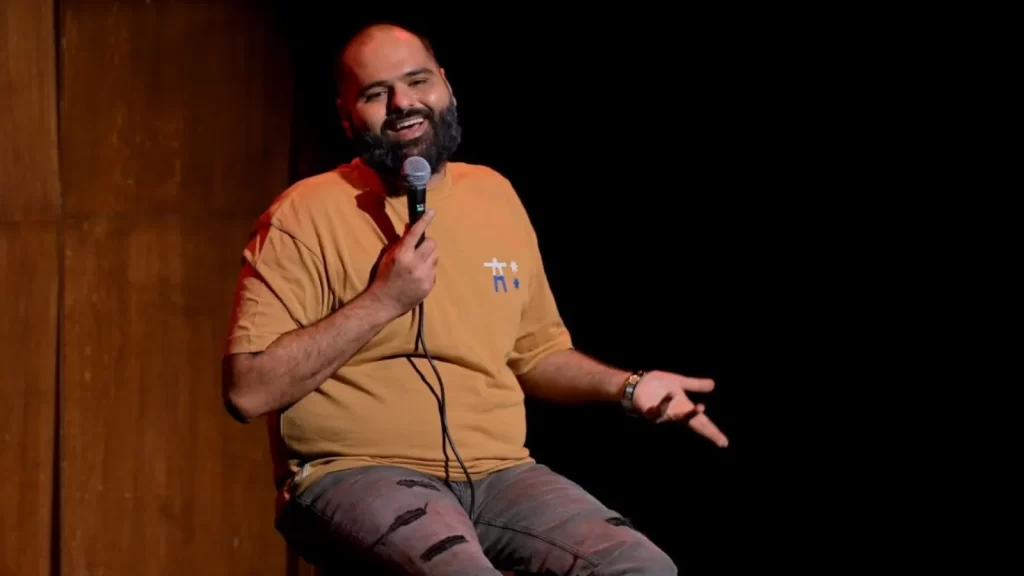Stand-up comedian and musician take a stand against restrictive digital laws
Renowned Indian figures, Kunal Kamra and Gayatri Malhotra, challenge India's 2023 Data Protection Act for inadequately protecting privacy and curtailing information access.
A well-known comedian and musician in India have stepped up to challenge new regulations that curtail online freedom of expression. This unexpected act of dissent by public figures has garnered support from digital rights advocates. Kunal Kamra, renowned for his political satire, is at the forefront, contesting an amendment to IT rules that grants the government authority to instruct social media platforms to remove news flagged by its fact-checking unit as “fake, false, or misleading.”

A critical aspect of this issue is the recently enacted Digital Personal Data Protection Act, 2023, which has faced criticism for inadequately safeguarding individual privacy rights. This law has undergone various drafts, but one common concern remains: it lacks robust provisions for protecting personal data from non-state entities that misuse it. Strikingly, the Act places limited accountability on state entities due to broad exemptions granted to the government, allowing unfettered collection, analysis, and even sale of user data.
Equally concerning is the omission of provisions addressing surveillance reform, an aspect highlighted by the Supreme Court in 2017 and the Justice B.N. Srikrishna Committee in 2018. The current surveillance framework lacks transparency, defined procedures, and independent oversight. The Act also includes wide-ranging exemptions, enabling the government and its instrumentalities to evade its application on grounds of national security and public order. Such exemptions don’t align with the proportionality standards laid out by the Supreme Court in 2017.
Another worrisome alteration comes in the form of amendments to the Right to Information Act, 2005. These changes remove the previously established exemptions for sharing personal information not linked to public activity, potentially undermining transparency and accountability efforts. Despite the Act’s emphasis on privacy, it paradoxically compromises citizens’ right to information, granting unchecked executive authority to infringe upon their privacy.
In essence, the combined effects of these legislative changes challenge both online freedom of expression and citizens’ rights to privacy and information. This unexpected alliance of a comedian and musician against these laws highlights the increasing concern about the erosion of digital rights in India.




